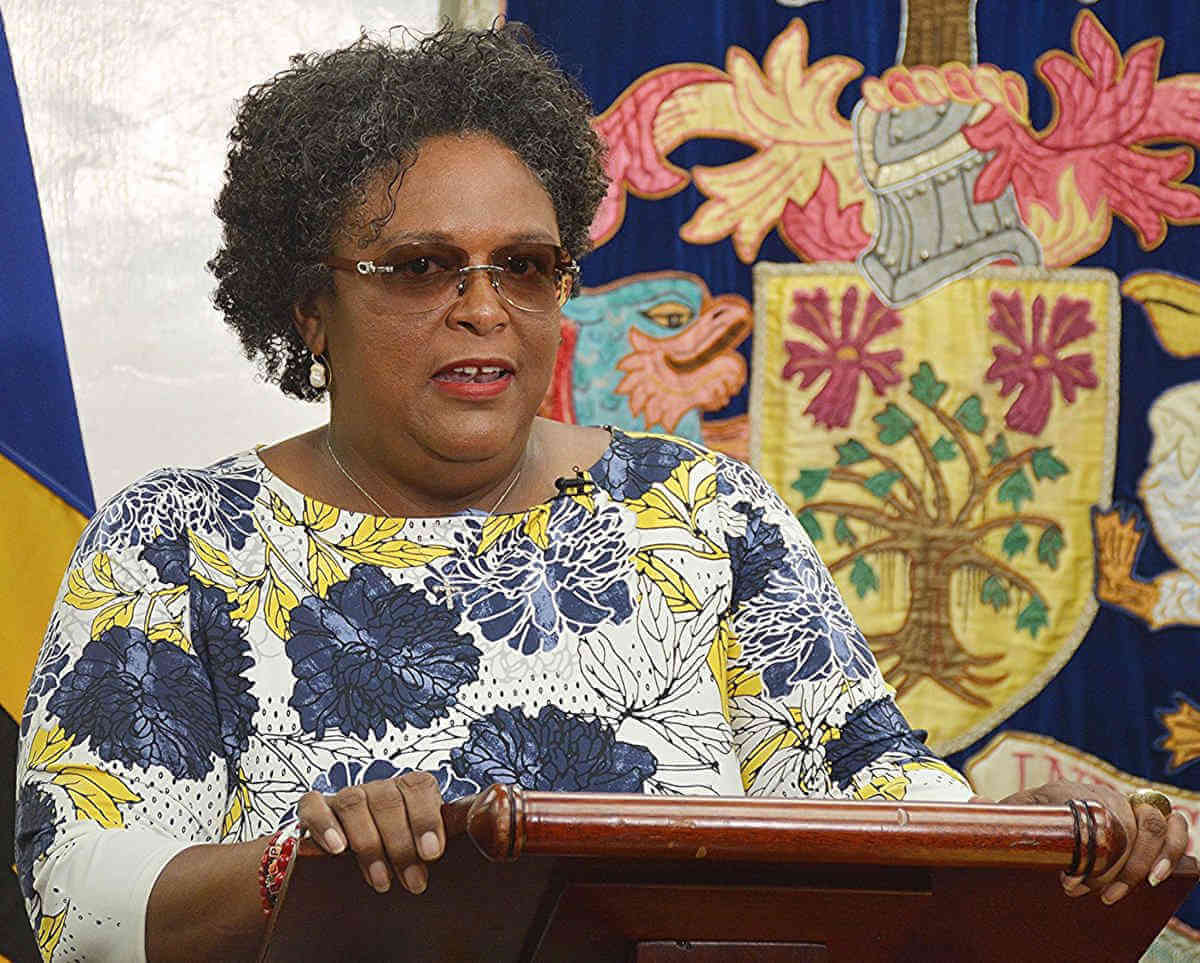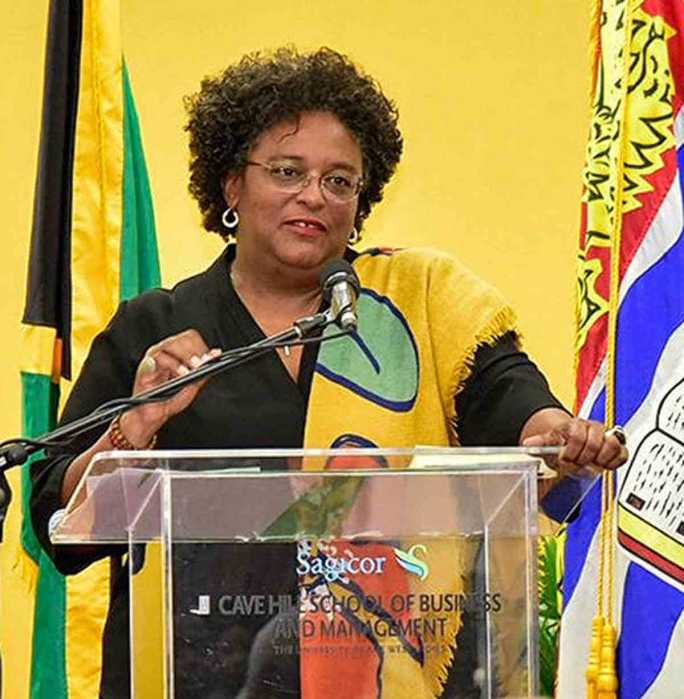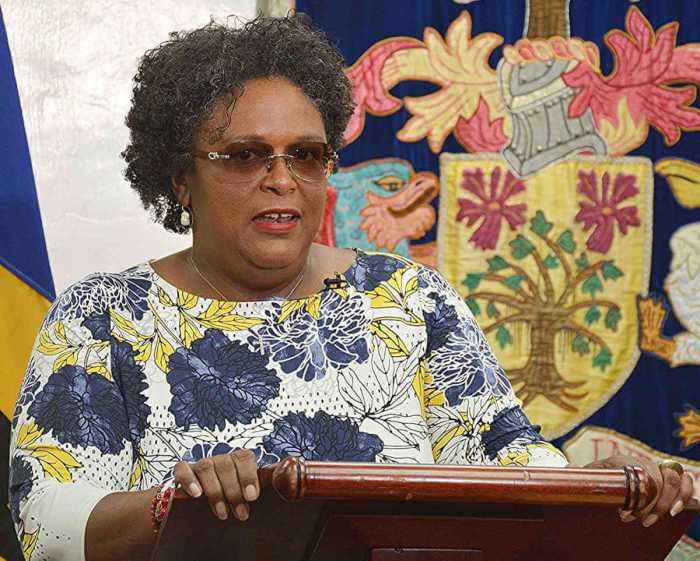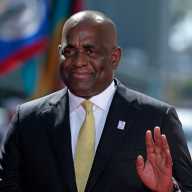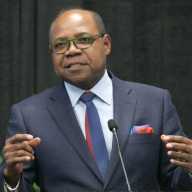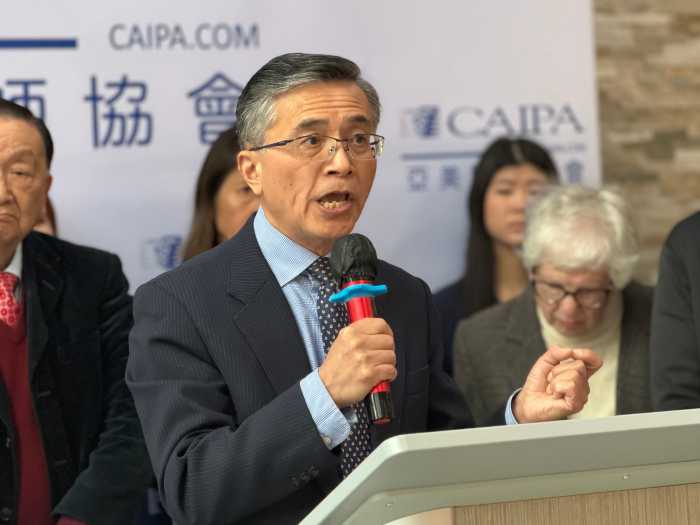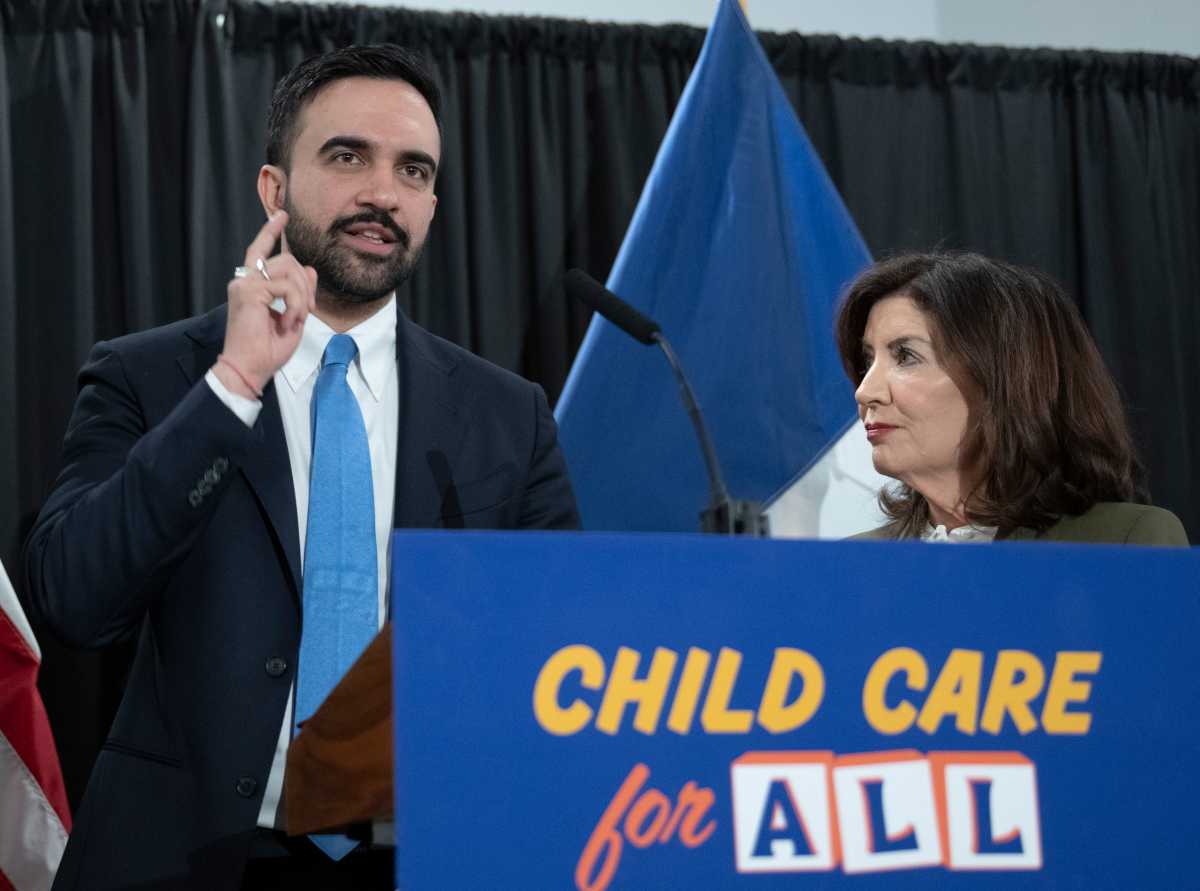BARBADOS
Barbados Prime Minister, Mia Mottley has called for a global summit for coordinated action on a number of areas pertaining to the Covid-19 pandemic.
Speaking at the Grantley Adams International Airport during a handover ceremony recently of 33,600 Covid-19 vaccines under the Covax Facility, she reiterated the need for the global summit.
“If ever there is a need for the world to stand up and recognize that we need a global summit for coordinated action with respect to how we treat to the Covid-19 pandemic, how we treat to the equitable distribution of vaccines, how we treat to the restricted movement of people and countries in a coordinated way to give the global community the best chance of putting this behind us, it is now,” Mottley said.
She insisted that, at the global level, there was nothing stopping leaders from hosting a global summit, other than themselves.
The prime minister said she was hopeful that the global community would rise to the challenge of the global coordination, pointing out that no country could win the battle on its own.
CARIBBEAN
The University of the West Indies (UWI) has welcomed the appointment of Belizean economist, Dr. Carla Barnett as the Secretary General of the CARICOM grouping, acknowledging “the two-time UWI graduate has made history as the first woman to be appointed to the post”.
Regional leaders recently named Barnett as the new CARICOM Secretary-General during a special meeting to discuss the recommendations of the Community Council of Ministers.
Barnett, the eight person to be appointed to the top regional public service post, will take up office in August, replacing Dominica diplomat, Irwin La Roche, who has been in the post since 2011.
She is the third UWI Alum to assume the role of CARICOM Secretary-General, following Ambassador Edwin Carrington and Ambassador Roderick Rainford, UWI said in a statement.
Dr. Barnett previously served as deputy Secretary-General of CARICOM, vice-president of the Senate in her country and had also served in various ministerial capacities.
She also served as deputy governor of the Central Bank of Belize, among her other leadership roles.
GRENADA
The state of emergency in Grenada, which was put in place to contain and control the spread of Covid-19 and is scheduled to expire on July 14, is set to be extended until November.
The House of Representatives, where the ruling New National Party (PNP) occupies all seat will soon meet to approve the extension.
Under the state of emergency, the Emergency Powers Act is activated providing legal guidelines for the movement of citizens and the operation of business.
Restrictions under the current state of emergency include a midnight to 4 am curfew, the mandatory wearing of face masks or face coverings in public, closure of all business by 10 pm and no social gatherings without permission.
Violators of the Emergency Powers Act can be fined a maximum of EC$1,000 or 12 months in jail, violations of the quarantine regulations can face a fine of EC$25,000.
GUYANA
Guyana has made it mandatory for anyone entering the country to still require the RT-PCR (reverse transcription-polymerase chain reaction) test, even if they are considered to be fully vaccinated against the Covid-19 pandemic.
Minister of Health, Dr. Frank Anthony said there is still a small risk that people could be infected despite taking a vaccine.
“Because we don’t know who may have a milder form of the disease or get that risk of bringing the infection, that is why we still require that people get their PCR testing, ” he said.
Guyana has had more than 50 imported cases, mainly entering through the Cheddi Jagan International Airport.
Dr. Anthony noted there is no prohibition on who can travel to Guyana due to Covid-19, with the only requirement being they get a negative PCR test.
He said some 169,981 persons have already received their first dose of either AstraZeneca, Sinopharm or Sputnix Covid-19 vaccine.
The number of persons who took the first dose of either of the vaccines have received more than 34,000 of the second dose.
HAITI
As of the end of April, only 254 deaths were attributed to Covid-19 in Haiti over the course of the entire pandemic.
The Caribbean nation, which often struggles with infectious diseases has a Covid-19 death rate of just 22 per million.
In the US the Covid-19 death rate is 1,800 per million and in parts of Europe the fatality rate is approaching 3,000 deaths per million.
Dr. Jean “Bill” Pape said Haiti’s success is not due to some innovative intervention against the virus.
Most people have given up wearing masks in public. Buses and markets are crowded and Haiti has not yet administered a single dose of Covid-19 vaccine.
Dr. Pape said a combination of factors have kept the death rate so low.
The 74-year-old Haitian doctor served as the co-chair of a national commission in Haiti to deal with Covid-19, leading the country’s effort to deal with the crisis. But the commission was dissolved earlier this year.
Last June, the country of 11 million was hit with a significant wave of infections. Hospital wards were filled with Covid-19 patients. At the time, the country only had two places that could test for the virus, so the actual number of infections is unknown.
Now testing is far more available, Pape said very few cases are detected each day.
She said the country has pretty much gone back to the way of life.
TRINIDAD
Prime Minister, Dr. Keith Rowley has extended the Public Health regulations, which were due to expire on May 23, have been extended to July 4.
He said the government is going to Parliament this week to extend the state of emergency (SoE) for 90 days.
He made the announcement on Saturday, noting the Covid-19 numbers are still too high to relax any measures.
The Ministry of Health reported that as May 22 the Covid-19 death toll now stands at 365 with the deaths of 17 more people.
This brings the number of deaths recorded for the month of May to 203.
On April 29, the PM had ordered a wide-scale lockdown affecting many businesses, including restaurants, bars, casinos, malls,gyms, cinemas and others.
Additional restrictions were imposed one week later, with only essential businesses such as hardware stores, supermarkets and pharmacies being allowed to operate. The restrictions were to remain until May 23.
Dr. Rowley said he had hoped to be able to lift the restrictions, but the country’s Covid-19 situation had not improved.
— Compiled by Azad Ali


